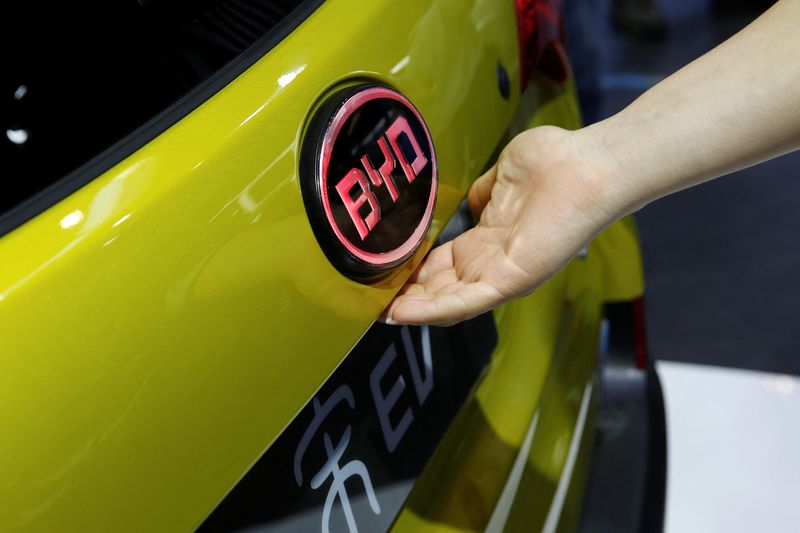Italy’s competition authority has launched an investigation into Stellantis, Tesla, Volkswagen, and BYD over alleged misleading consumer information regarding the performance of their electric vehicles (EVs).
The probe focuses on potential unfair commercial practices, specifically related to:
• EV driving range
• Battery capacity degradation
• Limitations on standard battery warranties
According to the Italian watchdog, these practices may violate the Consumer Code by failing to provide consumers with clear and accurate information.
Possible Sanctions and Industry Response
Under Italian consumer protection laws, violations could result in fines ranging from €5,000 to €10 million.
Stellantis stated that it is fully cooperating with the authorities and has provided all necessary documentation:
“Stellantis is convinced that it has provided adequate, precise, and exhaustive answers to the questions posed by the officials. The company places customer needs and satisfaction at the centre of all its activities and believes the investigation will confirm this.”
Meanwhile, BYD and Volkswagen declined to comment, and Tesla has not yet responded to media inquiries.
Allegations of Misleading Information
According to the Italian competition authority, the automakers’ websites provide “generic and sometimes contradictory information” on EV driving ranges, without specifying the external factors that may affect real-world performance.
Factors such as cold weather, air conditioning use in hot temperatures, and driving conditions can significantly reduce an EV’s range, yet these variables are not clearly explained in promotional materials.
Additionally, the regulator claims that automakers fail to provide transparent details on:
• Battery capacity degradation due to normal vehicle use
• Warranty terms and limitations
On-Site Inspections Conducted
As part of the investigation, officials conducted on-site inspections at the Italian headquarters of Stellantis, Tesla, Volkswagen, and BYD on Thursday. These actions were carried out with the assistance of the Guardia di Finanza, Italy’s financial crimes police.
This case highlights growing regulatory scrutiny over how automakers market EV performance, particularly as consumer protection agencies push for greater transparency in the transition to electric mobility.







